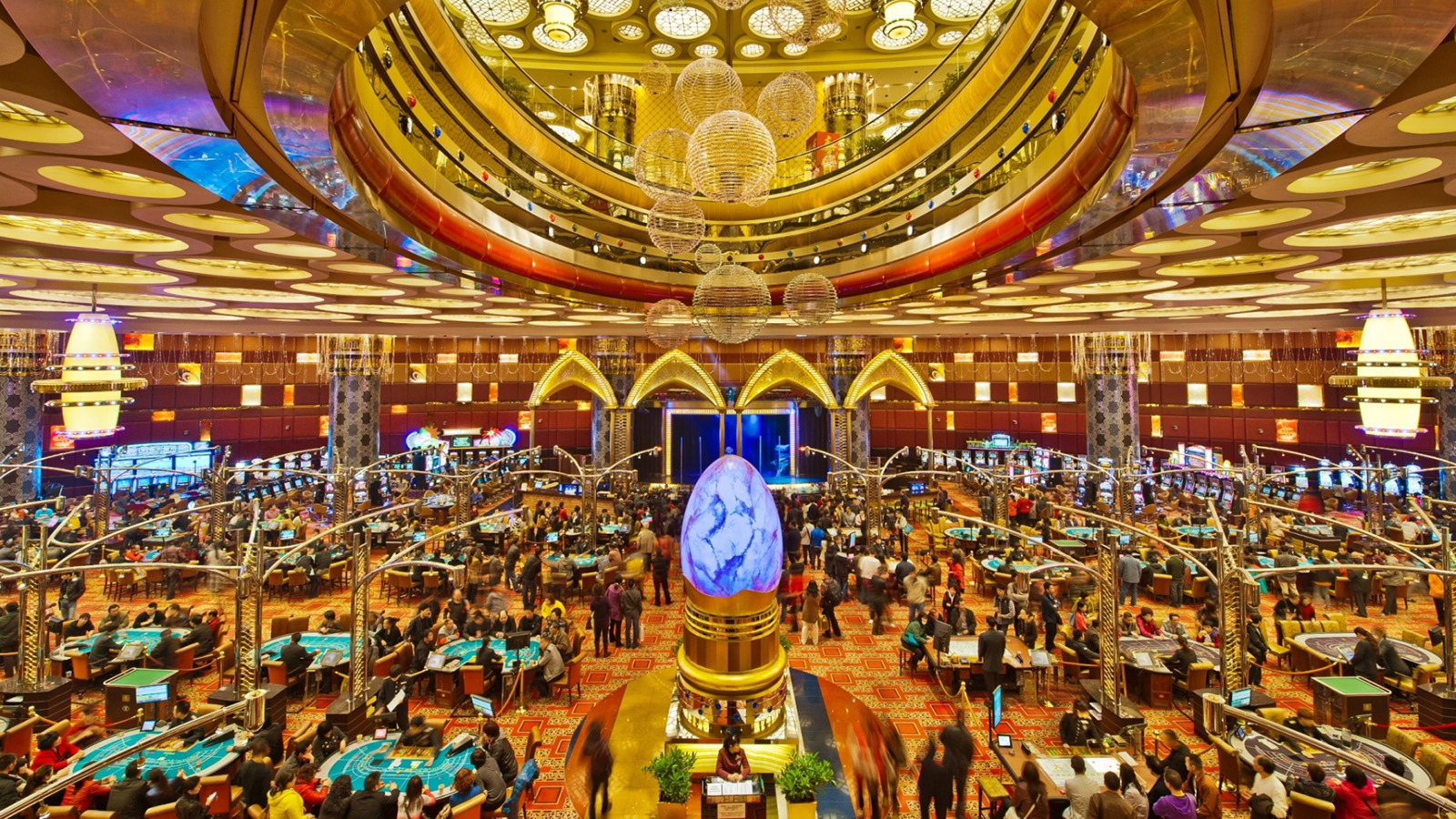
Such attraction of casino-related activities has captivated huge numbers of people around the planet for centuries. From the turning roulette device to the melody of mixing cards, the thrill of chance and skill intertwines to create an thrilling environment that draws players in. These games are not just pastimes; they have evolved into an essential part of the entertainment industry, growing into a worldwide trend that spans luxurious resorts, dynamic online platforms, and all that lies in between.
As the desire for unique and engaging encounters keeps to increase, the narratives behind the achievements of gaming experiences reveal a captivating environment. Entrepreneurs and creators are always extending the boundaries of innovative thinking and originality, causing the rise of fresh entertainments and engaging advancements. Investigating these accounts offers us understanding into the effort needed to create a casino game enterprise and the enthusiasm that drives those behind the scenes.
The Development of Gambling Games
Casino games have a vast history that dates back centuries, with their origins frequently connected with ancient ceremonies and communal events. The initial types of gambling can be linked back to long-ago China, where dice games were played, and even to the Roman Empire who participated in betting on various occurrences. Over time, these rudimentary forms of entertainment evolved into better organized forms, leading to the establishment of games such as baccarat and roulette in the 17th century. These early casino games laid the foundation for the industry we see today.
As society progressed, so did the complexity and diversity of casino games. The 19th century marked a noteworthy turning point with the establishment of official gambling establishments in places like Monte Carlo and Las Vegas. This era saw the rise of well-known games such as poker and blackjack, which fascinated the imaginations of participants around the world. The rise of these games was driven by advancements in game design and the development of gambling laws that made the industry more regulated and appealing to the general populace.
The digital transformation in the final 20th and early 21st centuries changed the landscape of gambling options yet again. The advent of the internet resulted in virtual casinos, enabling users to experience their favorite games from the comfort of their homes. This change not only expanded the scope of casino games but also opened up new formats like live dealer games and mobile gaming apps. Today, the casino game industry continues to progress, with cutting-edge technologies such as virtual reality and blockchain potentially set to reshape the prospects of betting.
Successful Casino Game Development Strategies
The foundation of a thriving casino game empire lies in the development of entertaining and creative games that engage players. A winning strategy requires comprehensive market research to comprehend existing trends and player preferences. By evaluating user feedback and observing high-performing titles, developers can determine what appeals with players and what features are in need. Incorporating unique themes, multifaceted game mechanics, and visually appealing graphics are crucial to stand out in a competitive landscape.
Collaboration is another key component of successful game development. Bringing together talented designers, programmers, and mathematicians guarantees that games are both visually captivating but also fair in terms of gameplay. Encouraging honest communication among team members promotes creativity and yields cutting-edge concepts. Moreover, engaging with players during the beta testing phase allows developers to gather insightful insights that can enhance gameplay elements before the official launch.
Lastly, impactful marketing strategies cannot be ignored in establishing a flourishing casino game empire. Creating a persuasive narrative around the game and utilizing social media platforms to create hype can dramatically impact player acquisition. Offering incentives, loyalty rewards, and involving in community events can also enhance player retention. By integrating strong development practices with astute marketing, game developers can create an engaging experience that keeps players revisiting for further.
A Future of Casino Play
The environment of casino play is evolving quickly, driven by developments in technology and changing player preferences. Digital and portable gaming is prepared to dominate the industry as more gamblers seek accessibility and access. Augmented reality and virtual reality are also entering into the gambling experience, providing immersive environments that elevate classic gameplay to a different level. As gamblers crave more participatory and entertaining experiences, casinos will need to change and evolve to keep their audience captivated.
Additionally, the incorporation of artificial intelligence and information analysis will play a significant role in shaping the prospects of gambling games. Casinos will leverage information to analyze player actions, customize experiences, and enhance customer service. Personalization will become important, as gamblers will demand plays that modify to their preferences and play styles. As the gambling industry utilizes these understandings, the development of novel play formats and features will probably emerge, keeping the casino experience fresh and stimulating for all.
Moreover, the trend towards safe gaming is becoming increasingly important. As regulators and consumers focus more on player well-being, casinos will need to implement measures that promote safe play practices. This could include options that allow players to set limits on their expenses and time spent playing, as well as improved resources for those who may be struggling with gaming addiction. https://okking9.vip/ By prioritizing responsible gaming, casinos can build trust with their customers and ensure a sustainable future in the challenging landscape of casino play.